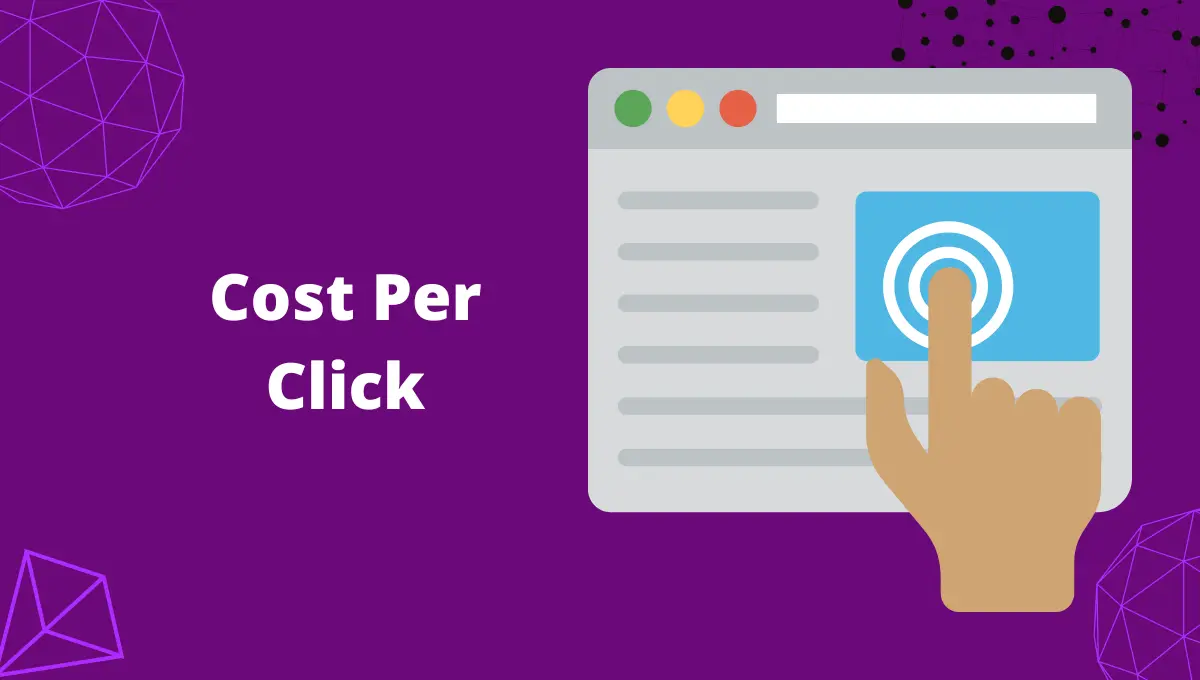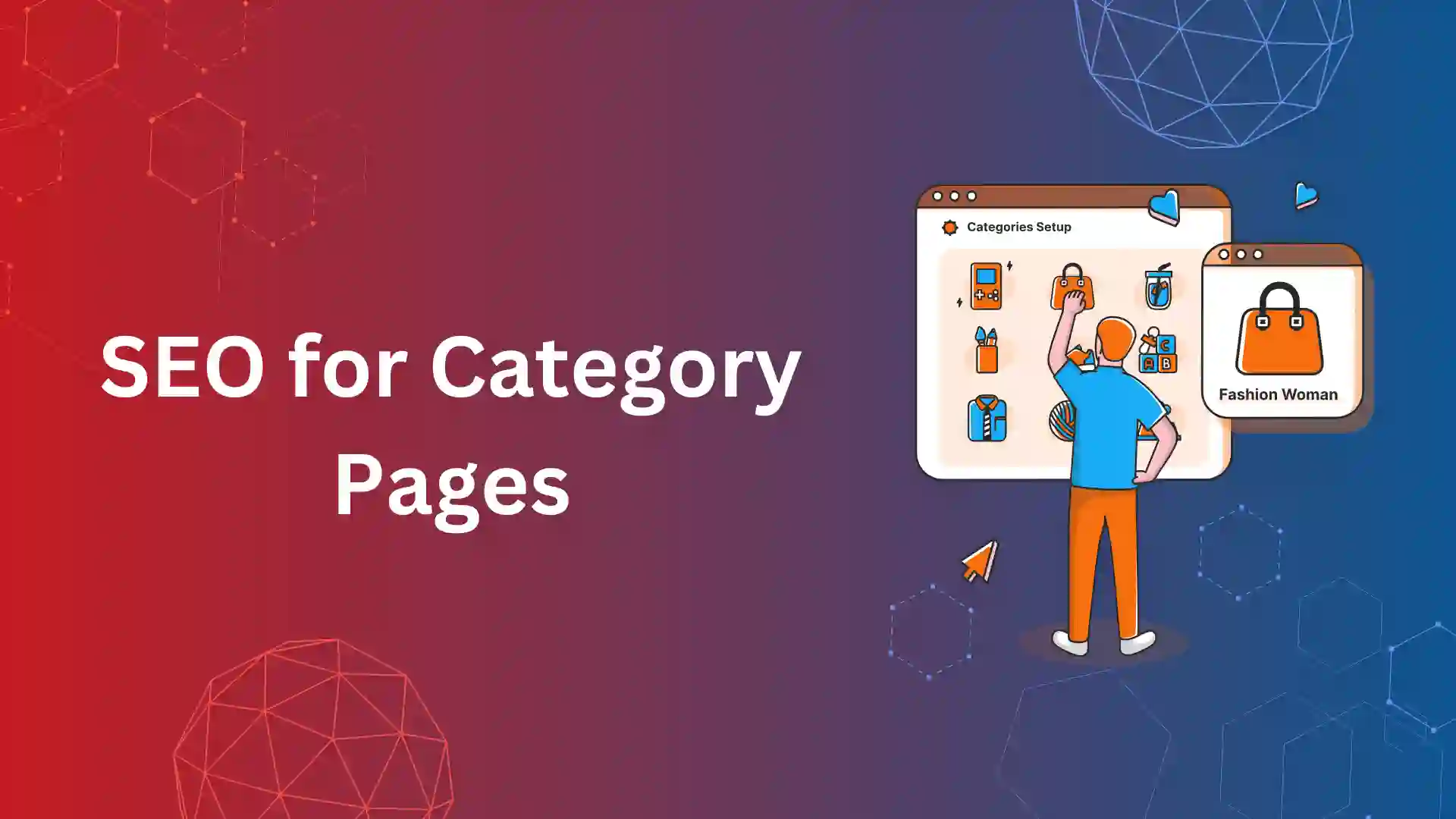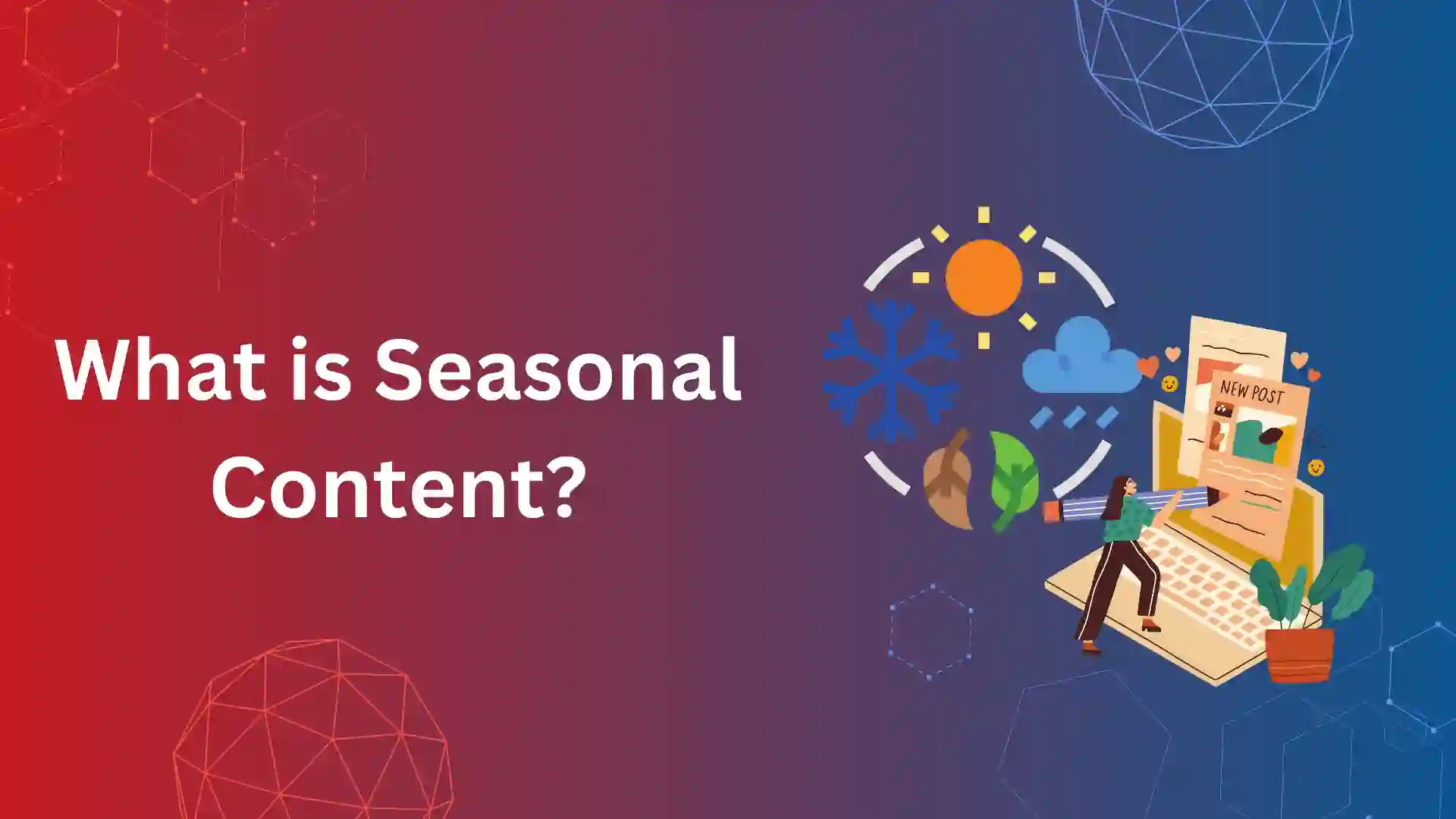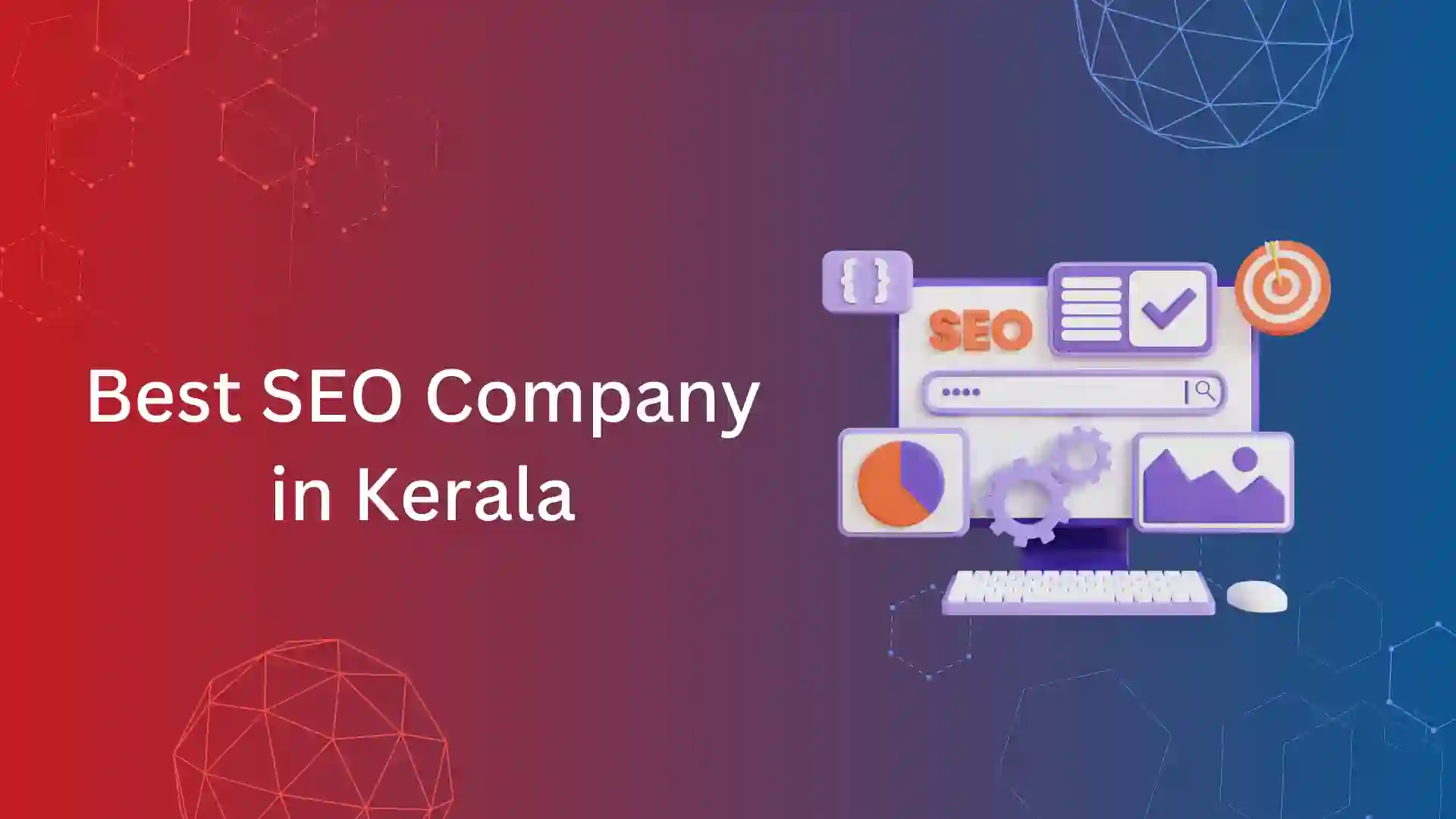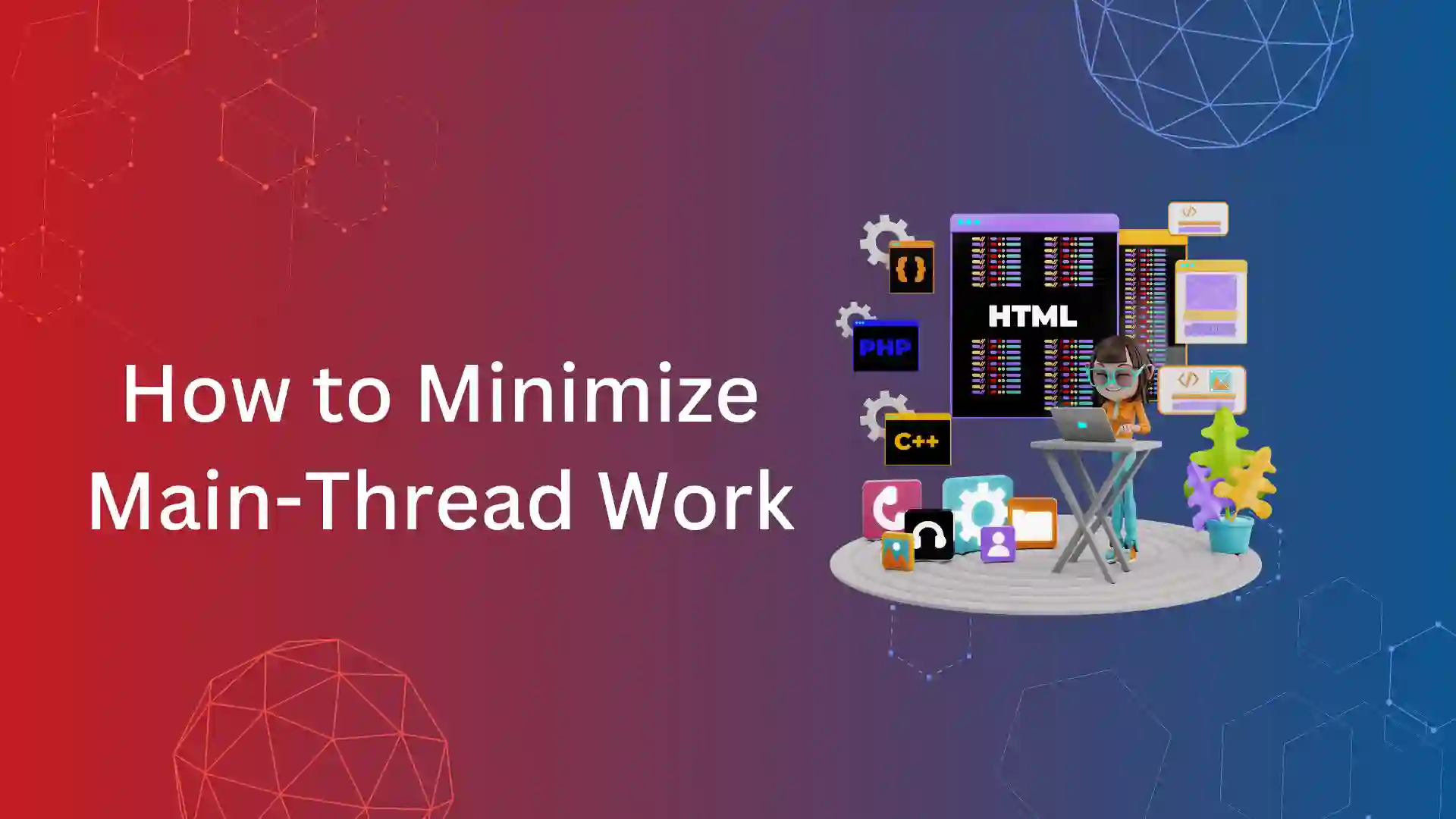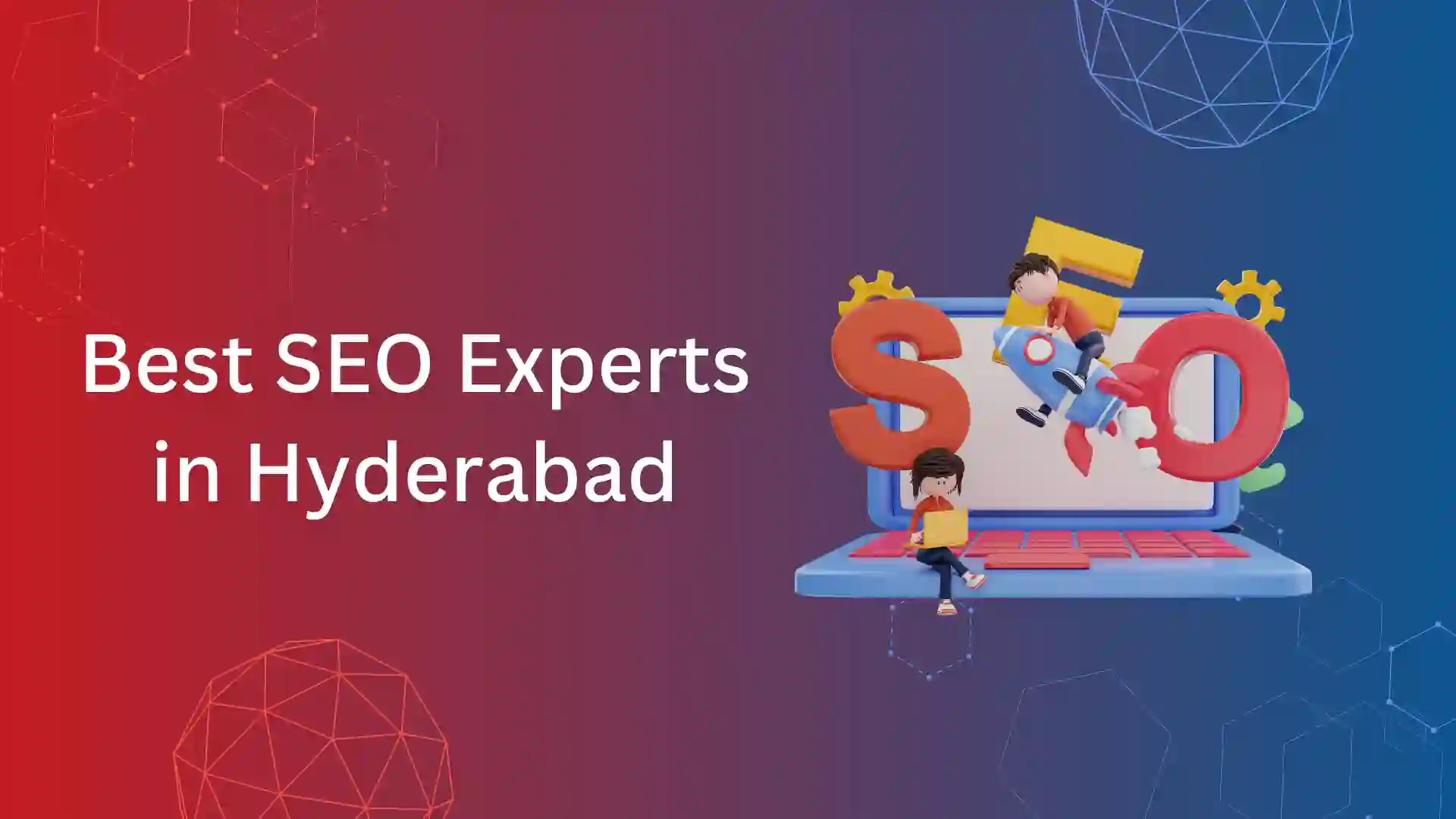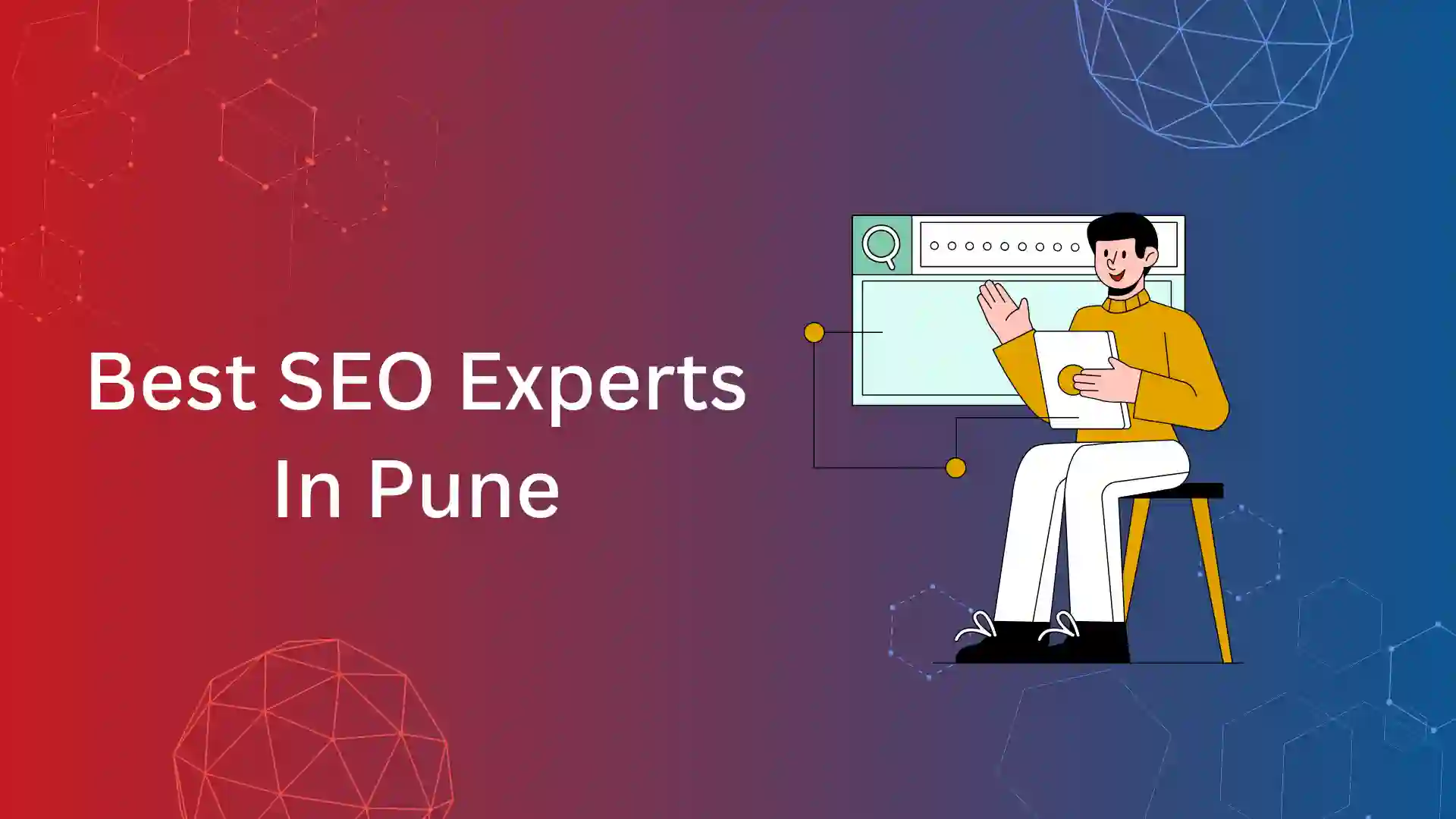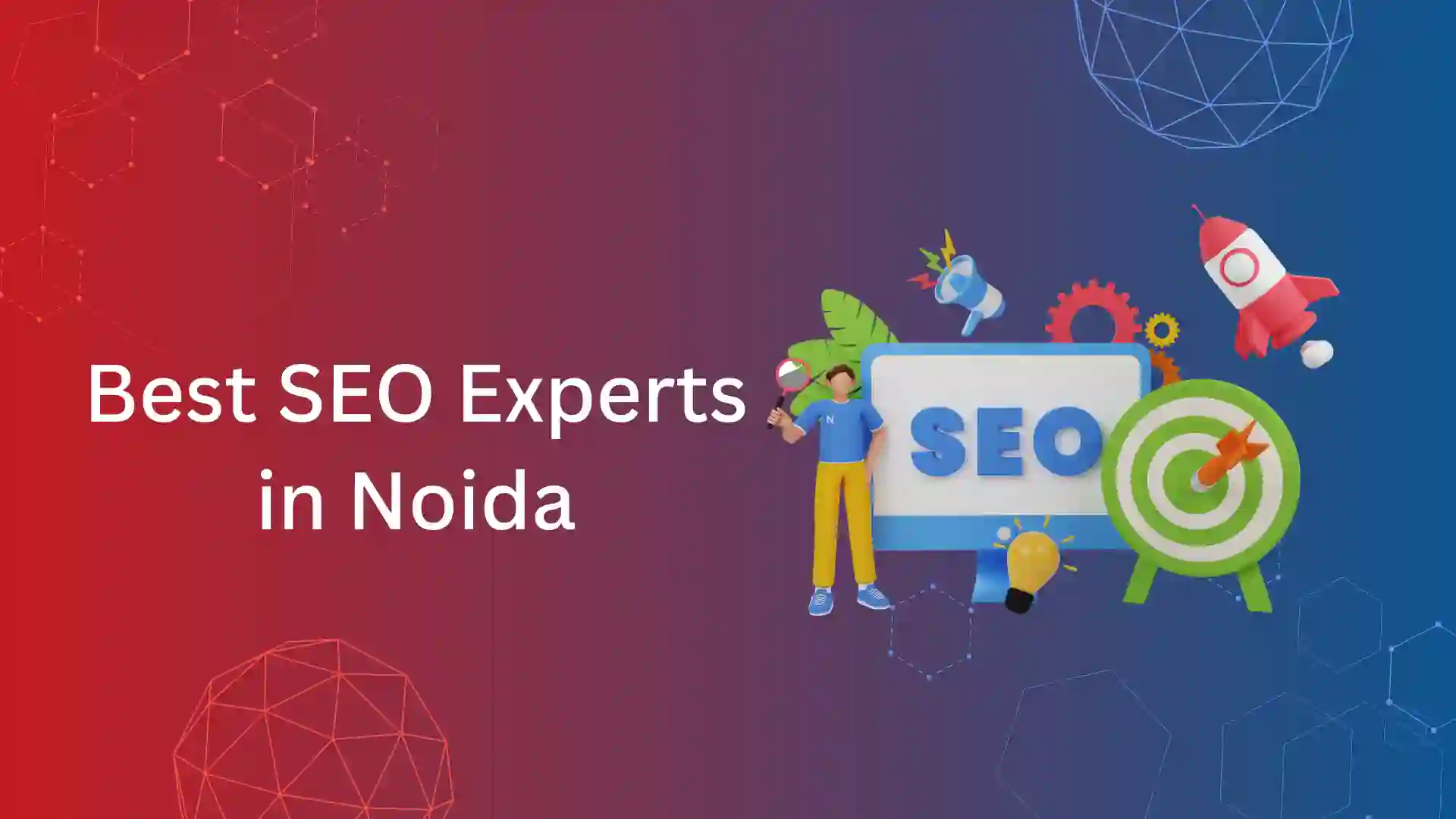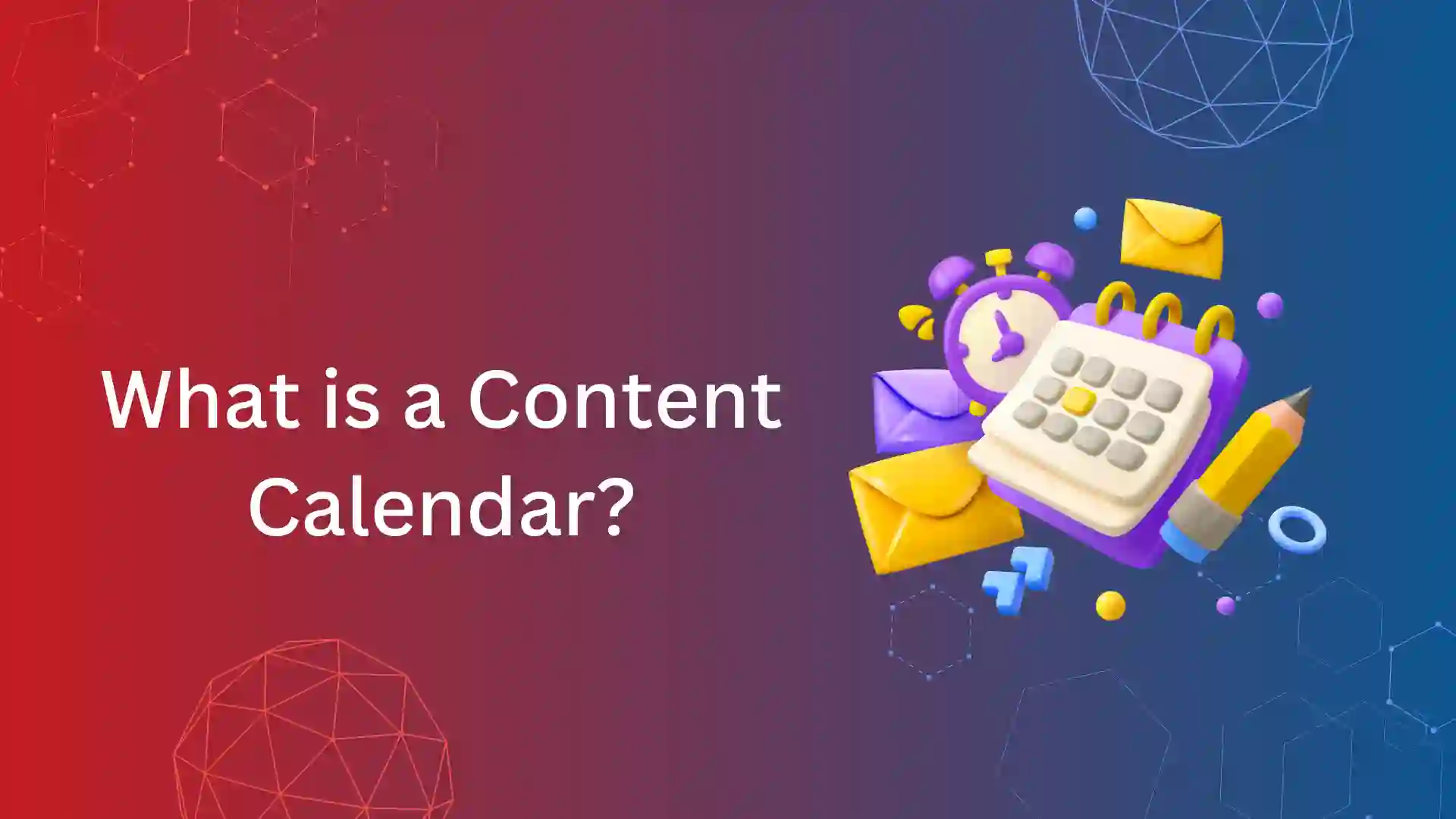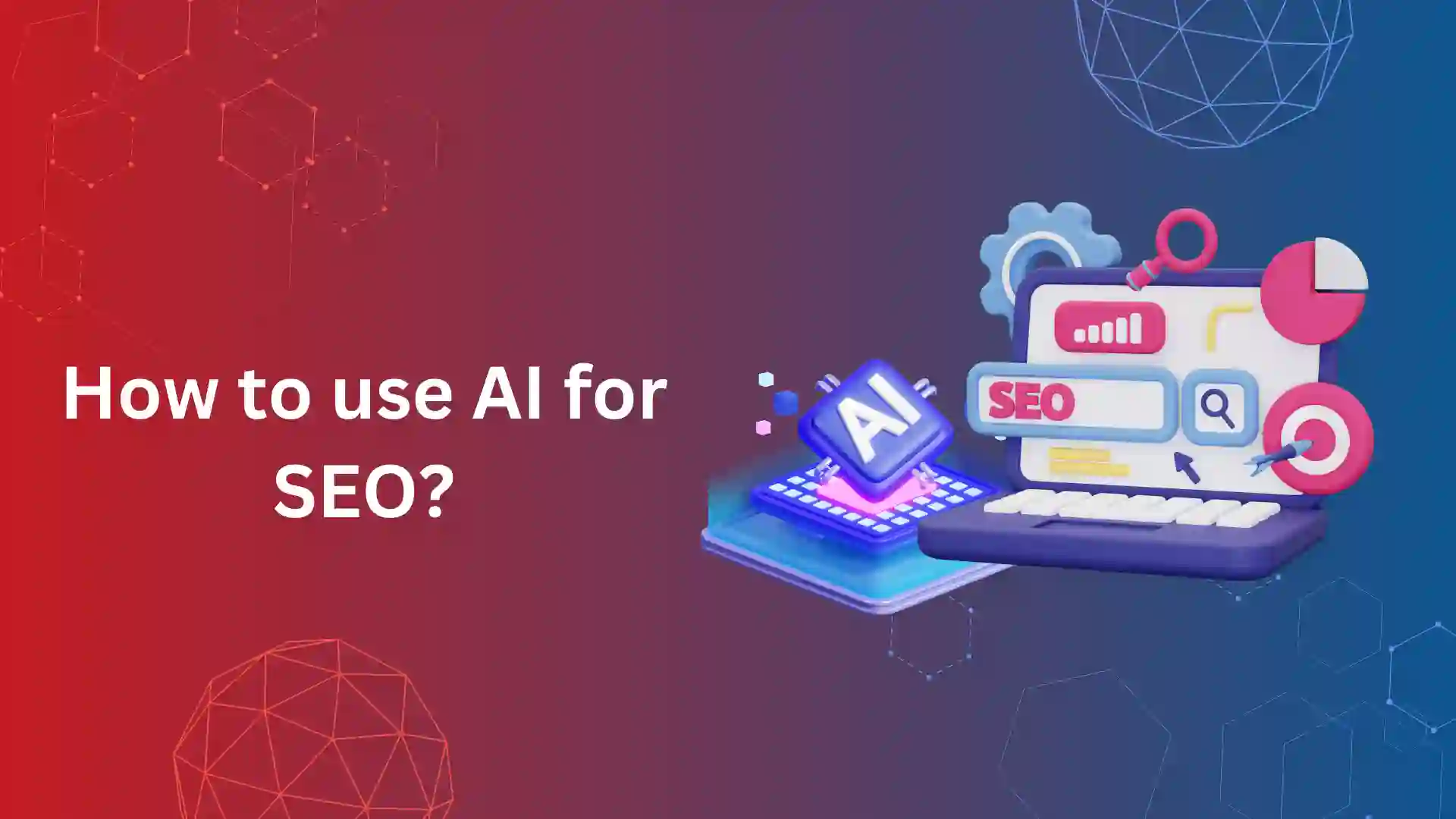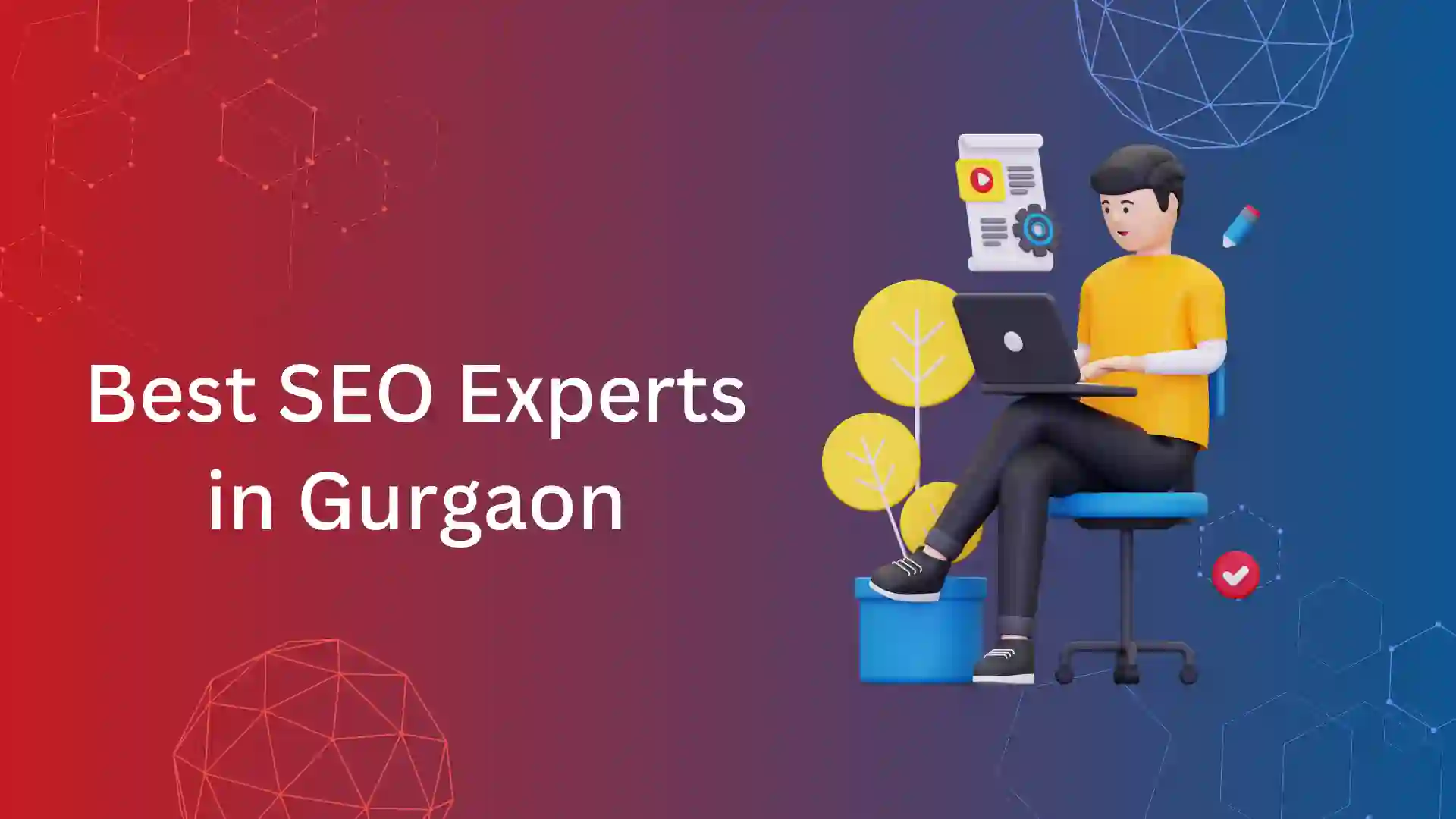Choosing the right marketing strategy while promoting your products through advertising campaigns can be overwhelming. Especially when you are trying to minimize your budget and make use of each penny, it becomes all the more difficult.
PPC (Pay Per Click) or CPC (Cost Per Click) advertising is one of the most popular advertising strategies that most brands use today.
It is a core metric that brands use to determine the overall cost of customer acquisition.
So, what is CPC and how can it help you get more clicks and conversions? Continue reading this blog to learn more about Cost Per Click and its uses.
What Is Cost Per Click (CPC)?
Cost per click (CPC) is the bidding amount that you pay for each click on your ads. It comes under Pay Per Clicks (PPC) marketing, where you have to pay for your websites or ads to appear on search results.
For your ads to appear on search results, you have to set a maximum CPC bid, which is the maximum amount you are willing to pay for a click on your ads.
CPC will determine the cost of showing your ads to users on search engines, social media, and other platforms.
CPC is an important factor in different types of advertisements, including
- text ads,
- image ads,
- video ads,
- shopping ads, and
- social media ads (Twitter, LinkedIn, Facebook, etc.)
A click on your ads means a visit to your website or landing page. This means that there is a chance that the visitor can convert into a customer. This is what you pay for when you bid for your ads.
Why Is CPC Important?
CPC is the number that determines the success of your marketing campaign. It helps you understand how much Google Ads will cost you for each click.
CPC is a useful Key Performance Indicator that can help you in many ways.
- You can plan and estimate your traffic based on your budget.
- You can analyze how your average CPC is doing in the market. If most of your PPC ads receive a low CTR, you can discern that your maximum CPC is less than your competitors.
- CPC also determines how strong your ads are to be ranked in the search results. If you have a stunning ad copy and website, and yet you have low CTR, you can round down the issue to your maximum CPC.
Remember that your overall ROI is determined by the amount you bid and the number of quality clicks you get from the ads.
So always think about CPC in terms of cost and value. You can identify and target clicks that add the most value to your business.
How Do You Calculate CPC?
You can calculate CPC by dividing the total cost of an ad by the number of clicks it gets. For example, if you spent $200 on an ad and you got 100 clicks, then your CPC would be $2.00.
Cost Per Click (CPC) = Total Ad Cost / Number of Clicks |
You can also analyze your CPC using more specific CPC metrics. Some of them are
- maximum cost per click,
- average cost per click,
- actual cost per click, and
- manual cost per click.
What Is Maximum Cost Per Click?
Maximum CPC is the maximum amount you are willing to pay for a click on your ad. You can set your Max CPC in your Google Ads account.
When choosing an amount to bid for your ads, choose the highest amount you think is worth it for the ad. When someone clicks on your ad, you don’t have to pay more than that amount.
You can also get a higher position in the search results if your bid is higher. You will only have to pay a minimum amount if you can beat your competitors and get more clicks.
What Is Average Cost Per Click?
Average CPC is the total cost of all clicks divided by the total number of clicks. It is the average amount you spend on each click for your ad.
For example, suppose you got two clicks; one costs $2.00, and the other costs $4.00. Your total cost for the clicks would be $6.00
Now, divide $6.00 (total cost of all clicks) by 2 (total number of clicks), and you get $3.00, which is your Average CPC.
What Is Actual Cost Per Click?
The Actual CPC is the final amount that you will be charged for a click. Typically, your Average CPC will be less than your Maximum CPC.
You only need to pay the minimum required amount to beat your competitors. This is as long as your Ad Rank and Quality Score are high and your ad is effective enough to compete in the search results.
What Is Manual Cost Per Click?
Manual CPC is where you can set the Maximum CPC for each ad you run manually instead of using automated bidding strategies.
You can choose Manual CPC if you already know which keywords in your ad will rank higher in the search results and get more clicks. You can set a higher amount for these ads to make them rank higher.
What Is Enhanced Cost Per Click?
Enhanced CPC (ECPC) is a combination of manual bidding and smart bidding (a bidding strategy that uses machine learning to optimize your ads to maximize ad conversions).
ECPC improves your manual CPC by automatically adjusting manual bids if a click has more chances of becoming a conversion or sale. It helps you get the best value for a conversion.
CPC vs CPM
Aside from CPC, CPM (Cost Per Mille) is also another method to bid for ads. CPM is a bidding strategy where you need to pay for every 1,000 impressions on your ads.
CPC and CPM are different in the aspect that while CPC focuses on the number of clicks, CPM focuses on the number of views and impressions. You can choose CPM bidding if your main focus is on reach and traffic (awareness).
CPM bidding is cost-effective and can reach a larger audience at a low cost. It costs less than CPC since it’s mostly used to get more reach on social media platforms.
Advantages and Disadvantages of CPC Advertising
Most people are confused about whether to choose CPC or CPM for their ads. Below are some of the advantages and disadvantages of choosing CPC in relation to CPM.
Advantages
- Drive website traffic. Cost per click is an effective way to drive more website traffic.
- Higher value than CPM. CPM is based on the total number of impressions, whereas CPC is based on the clicks you get for your ads. This means your ads have gotten a potential customer to take a particular action on the website.
Disadvantages
- Prices vary for each ad. The price of each ad is determined by various factors. You may be paying less or more than what your ad is actually worth.
- More expensive. CPC is more expensive than CPM. In CPM, you pay for every 1,000 impressions you get. In CPC, you pay for every click you get.
- Less effective for brand and product awareness. If your goal is creating brand awareness, CPM is more effective than CPC since its main focus is to get more impressions by reaching a larger audience.
Tips to Optimize CPC for Your PPC Ads and Save Money
No matter what goal you have for creating PPC ads, you will always want to save as much money as you can from them.
You will want to spend money strategically while reaching as many customers as possible.
Advertising can be quite expensive when you pay by the number of clicks. Here are some tips you can use to optimize your CPC and get quality clicks through your campaigns.
Improve your Quality Score
Quality Score is a tool that you can use to understand how well your ad is doing compared to your competitors.
Google determines your Quality Score based on your ads’ relevancy (usefulness to the audience) for a particular keyword.
You can increase your Quality Score by improving the relevancy of the ad, landing page experience, and Click-Through Rate (CTR).
Improve relevancy
You can improve the relevancy of your ads by making them more appealing to your audience. Make sure your ads match their search intent. Using targeted keywords instead of broad keywords for your ad groups can make it more relevant to what your audience is looking for.
Improve landing page experience
For an audience that clicks on your ads, your landing page will be the first impression they get of your brand.
Your landing page should be relevant and provide what the audience is looking for. Also, take note of the loading speed of your landing pages (on both computers and mobile phones).
Improve your CTR
Your CTR determines whether your ads appeal to your audience and increases your Quality Score.
You can improve your CTR and attract your audience by highlighting your features and benefits and making sure your ads match your target keywords.
Keyword research
Keywords are very important when creating ads because that is what your audience uses to search for your products or services.
Using relevant and targeted keywords in your ads ensures that your ads appear on the search results when the audience searches that keyword.
Here are some techniques on how you can use keywords in your ads.
- Targeting: You can target a specific audience group by using the keywords that they search for in your ads.
- Splitting: You can split your ads into groups based on their keywords and match them with other searches.
- Grouping: You can create different themes for your products and services and then group them using different names using the keywords that people search for.
Bid on long-tail keywords
When bidding for your ads, you might want to bid for keywords that have a high search volume. But this can increase your CPC since everyone would try to rank higher for that keyword.
In contrast, if you bid for a long-tail keyword, you can easily rank higher in the search results.
They may have a low monthly search volume, but it also makes ranking higher for these keywords easier.
Long-tail keywords have lower competition than other keywords. This can help you have a higher conversion rate and can also lower your CPC.
Use ad scheduling
The success of your ad campaign depends on more than ad relevancy and keywords. Scheduling your ads can also play an important role in getting more customers to your landing pages.
By scheduling your ads, you can show them at times when your target audience is more likely to be online. You can also adjust your bidding amount during certain times of the day.
This can help you improve your average CPC while getting more clicks and conversions for your website.
Use Geo-Targeting
Apart from using specific keywords to target your audience, you can also target them based on their country or a specific location. You can make your ads appear only to audiences who are within this specific location.
You can also adjust your bidding based on the location. If the location has a lower conversion rate, you can optimize your bidding and focus on areas where you get more conversions.
Use device adjustments
Apart from adjusting your bidding based on keywords, time, and location, you can also adjust the bidding based on the device your audience is using.
That is, you can alter your bidding amount for different devices like computers, mobile phones, tablets, etc.
If you feel that you get more clicks through mobile phones, you can increase your bidding for mobile devices and decrease bidding for other devices.
Conclusion
Understanding how CPC works is a good way to make the most of your PPC ad campaigns. You can create a well-developed and targeted ad campaign that can get you more clicks and conversions.
Optimizing your CPC is important no matter what business you are in. So, creating stunning, relevant ads can help you rank higher in the search results and attract more customers.
Frequently Asked Questions
You can calculate CPC by dividing the total cost of an ad by the number of clicks it gets. For example, if you spent $200 on an ad and you got 100 clicks, then your CPC would be $2.00.
CPC is the amount you pay for each click you get for your ad. CPM is a bidding strategy where you need to pay for every 1,000 impressions on your ads.
CPC and CPM are different in the aspect that while CPC focuses on the number of clicks, CPM focuses on the number of views and impressions.
CPC is the amount you pay for each click you get for your ad. It is important because it helps you understand how much you pay for your ad campaign and effective they are in gaining customers.

